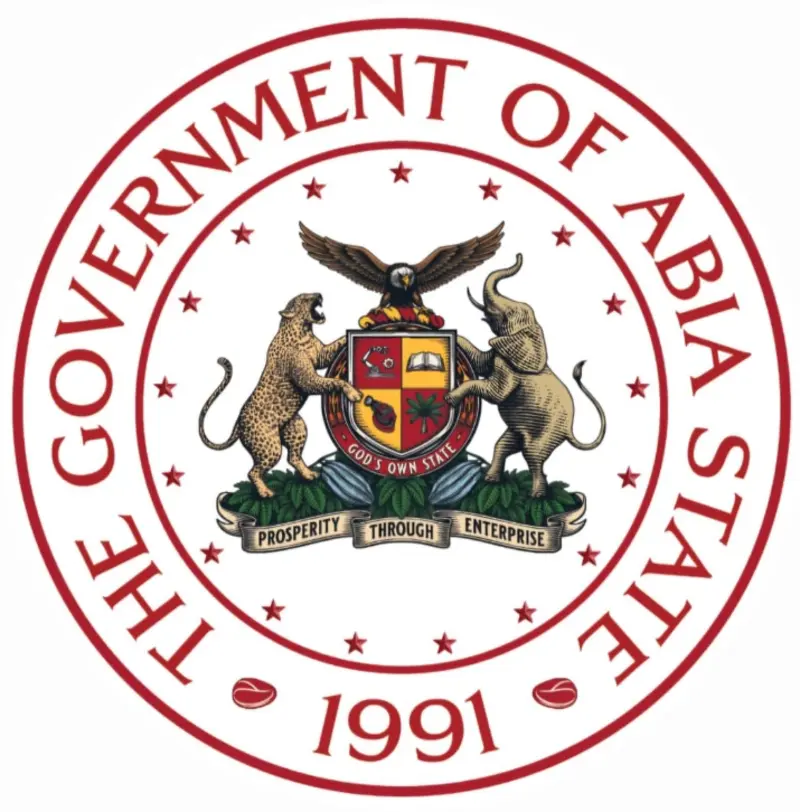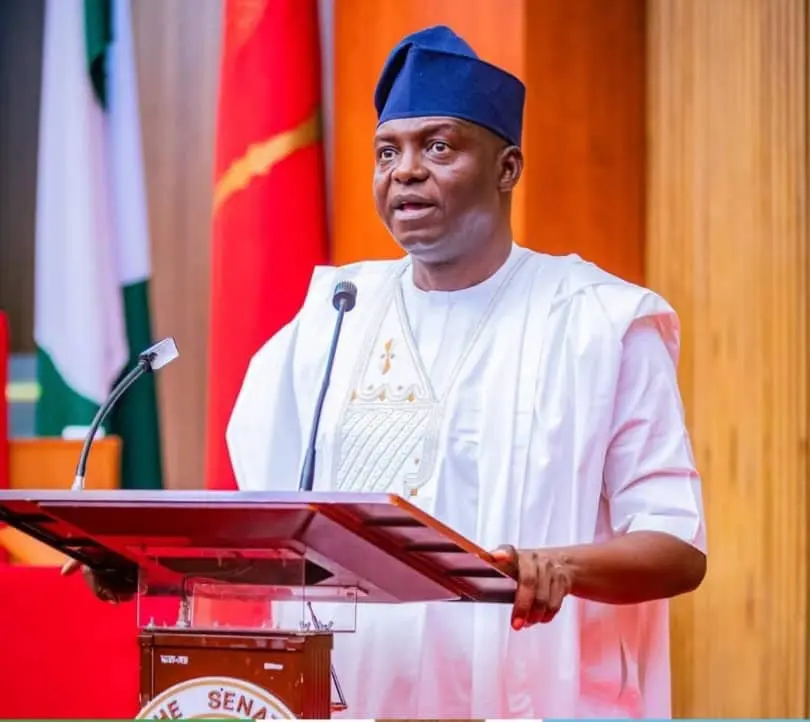Tanzanians are set to vote in a general election on Wednesday, with President Samia Suluhu Hassan expected to retain power. However, the vote has been marred by the jailing of opposition leaders and restrictions on political freedoms, raising concerns about the state of democracy in the country.
Hassan, who came to power in 2021 after the death of President John Magufuli, is running for her first full term as the leader of the Chama Cha Mapinduzi party, which has ruled Tanzania since its independence from Britain in 1961. Her main rival, opposition leader Tundu Lissu, has been imprisoned on treason charges, and his party, Chadema, has been barred from the ballot.
The election has been criticized for lacking competitiveness, with many opposition candidates excluded from the race. Analysts describe it as Tanzania’s least competitive election in decades. Aloyce Nchunga, a political analyst, notes that many citizens had hoped for a more genuine contest, with a strong opposition to provide real competition.
Hassan’s presidency had initially raised hopes for a more open and inclusive style of leadership, but observers say that political space has only tightened since she took office. There have been reports of disappearances and incarcerations, with UN experts and Human Rights Watch describing abductions and attacks on activists, journalists, and religious leaders.
The election is also significant for the semi-autonomous archipelago of Zanzibar, which has a history of political tensions and allegations of electoral fraud. Security forces and election staff began voting on Tuesday, with opposition candidates raising concerns about ineligible voters and irregularities in the electoral process.
The economic stakes are high, with Tanzania boasting one of East Africa’s largest economies, rich in gold, gas, and tourism. Hassan has campaigned on stability and development, highlighting major infrastructure projects and investment deals. However, political tensions have unsettled some investors, and economists warn that without a more open political environment, the benefits of growth may remain unevenly shared.
As Tanzanians head to the polls, the international community will be watching closely to see how the election unfolds and what it may mean for the country’s democratic future. The outcome is likely to have significant implications for the country’s political and economic trajectory, and the ability of citizens to exercise their rights and freedoms.



